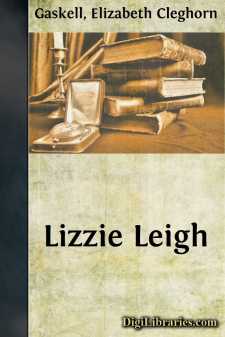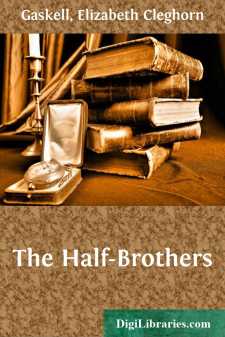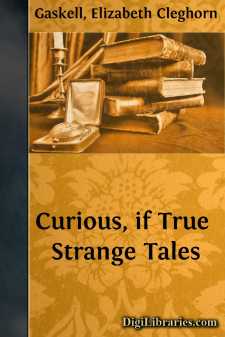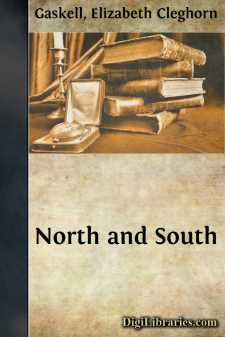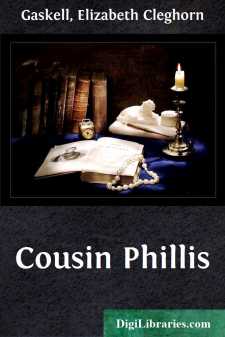Categories
- Antiques & Collectibles 13
- Architecture 36
- Art 48
- Bibles 22
- Biography & Autobiography 813
- Body, Mind & Spirit 142
- Business & Economics 28
- Children's Books 15
- Children's Fiction 12
- Computers 4
- Cooking 94
- Crafts & Hobbies 4
- Drama 346
- Education 46
- Family & Relationships 57
- Fiction 11828
- Games 19
- Gardening 17
- Health & Fitness 34
- History 1377
- House & Home 1
- Humor 147
- Juvenile Fiction 1873
- Juvenile Nonfiction 202
- Language Arts & Disciplines 88
- Law 16
- Literary Collections 686
- Literary Criticism 179
- Mathematics 13
- Medical 41
- Music 40
- Nature 179
- Non-Classifiable 1768
- Performing Arts 7
- Periodicals 1453
- Philosophy 64
- Photography 2
- Poetry 896
- Political Science 203
- Psychology 42
- Reference 154
- Religion 513
- Science 126
- Self-Help 84
- Social Science 81
- Sports & Recreation 34
- Study Aids 3
- Technology & Engineering 59
- Transportation 23
- Travel 463
- True Crime 29
A Dark Night's Work
Categories:
Description:
Excerpt
CHAPTER I.
In the county town of a certain shire there lived (about forty years ago) one Mr. Wilkins, a conveyancing attorney of considerable standing.
The certain shire was but a small county, and the principal town in it contained only about four thousand inhabitants; so in saying that Mr. Wilkins was the principal lawyer in Hamley, I say very little, unless I add that he transacted all the legal business of the gentry for twenty miles round. His grandfather had established the connection; his father had consolidated and strengthened it, and, indeed, by his wise and upright conduct, as well as by his professional skill, had obtained for himself the position of confidential friend to many of the surrounding families of distinction. He visited among them in a way which no mere lawyer had ever done before; dined at their tables—he alone, not accompanied by his wife, be it observed; rode to the meet occasionally as if by accident, although he was as well mounted as any squire among them, and was often persuaded (after a little coquetting about “professional engagements,” and “being wanted at the office”) to have a run with his clients; nay, once or twice he forgot his usual caution, was first in at the death, and rode home with the brush. But in general he knew his place; as his place was held to be in that aristocratic county, and in those days. Nor let be supposed that he was in any way a toadeater. He respected himself too much for that. He would give the most unpalatable advice, if need were; would counsel an unsparing reduction of expenditure to an extravagant man; would recommend such an abatement of family pride as paved the way for one or two happy marriages in some instances; nay, what was the most likely piece of conduct of all to give offence forty years ago, he would speak up for an unjustly-used tenant; and that with so much temperate and well-timed wisdom and good feeling, that he more than once gained his point. He had one son, Edward. This boy was the secret joy and pride of his father’s heart. For himself he was not in the least ambitious, but it did cost him a hard struggle to acknowledge that his own business was too lucrative, and brought in too large an income, to pass away into the hands of a stranger, as it would do if he indulged his ambition for his son by giving him a college education and making him into a barrister. This determination on the more prudent side of the argument took place while Edward was at Eton. The lad had, perhaps, the largest allowance of pocket-money of any boy at school; and he had always looked forward to going to Christ Church along with his fellows, the sons of the squires, his father’s employers. It was a severe mortification to him to find that his destiny was changed, and that he had to return to Hamley to be articled to his father, and to assume the hereditary subservient position to lads whom he had licked in the play-ground, and beaten at learning.
His father tried to compensate him for the disappointment by every indulgence which money could purchase. Edward’s horses were even finer than those of his father; his literary tastes were kept up and fostered, by his father’s permission to form an extensive library, for which purpose a noble room was added to Mr....







